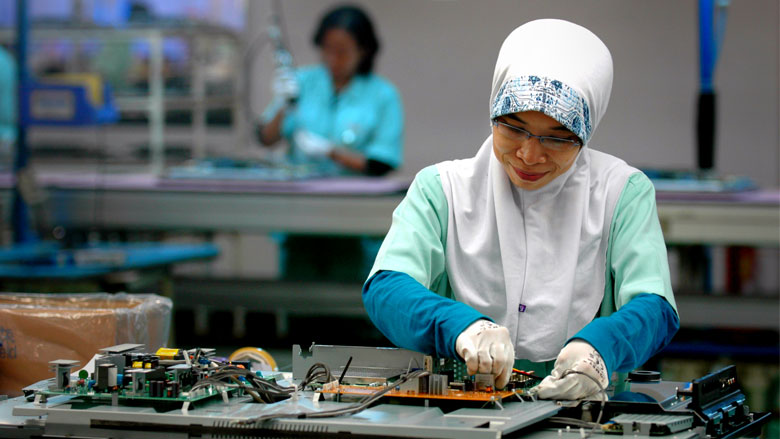As first published by Project Syndicate
WASHINGTON, DC – The Brexit referendum in the United Kingdom and the presidential race in the United States have shown, among other things, that public distrust of global integration is on the rise. That distrust could derail new trade agreements currently in the works, and prevent future ones from being initiated.
The danger implied by this scenario should not be underestimated. Isolationism and protectionism, if taken too far, would break the trade-based economic engine that has delivered peace and prosperity to the world for decades.
As a former trade minister for Costa Rica, I know how difficult it is for countries – developed and developing alike – to craft trade policies that deliver benefits to all of their people. But just because managing the effects of globalization is difficult does not mean we should throw our hands up and quit.
In the developing world, trade has delivered high growth and technological progress. According to the World Bank, since 1990 trade has helped to halve the number of people living in extreme poverty. But these gains, while impressive, are not necessarily permanent. If high-income countries close themselves – and their consumers – off from global markets, the world’s poorest people will suffer the most.
Trade thrives in an open environment of willing participants acting in good faith and governed by clear rules. Short of this, the forces of globalization can turn cooperation into conflict. That’s why policymakers should focus on four areas.

